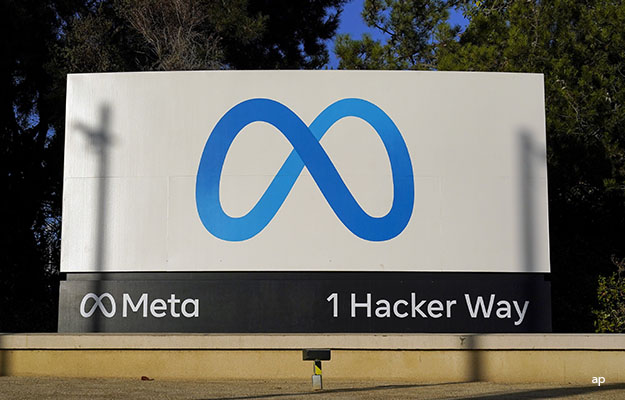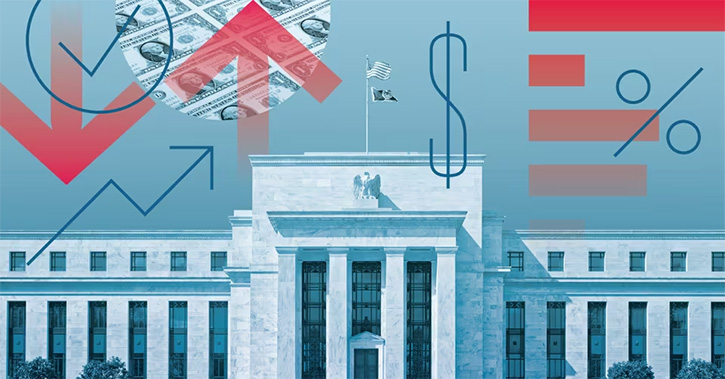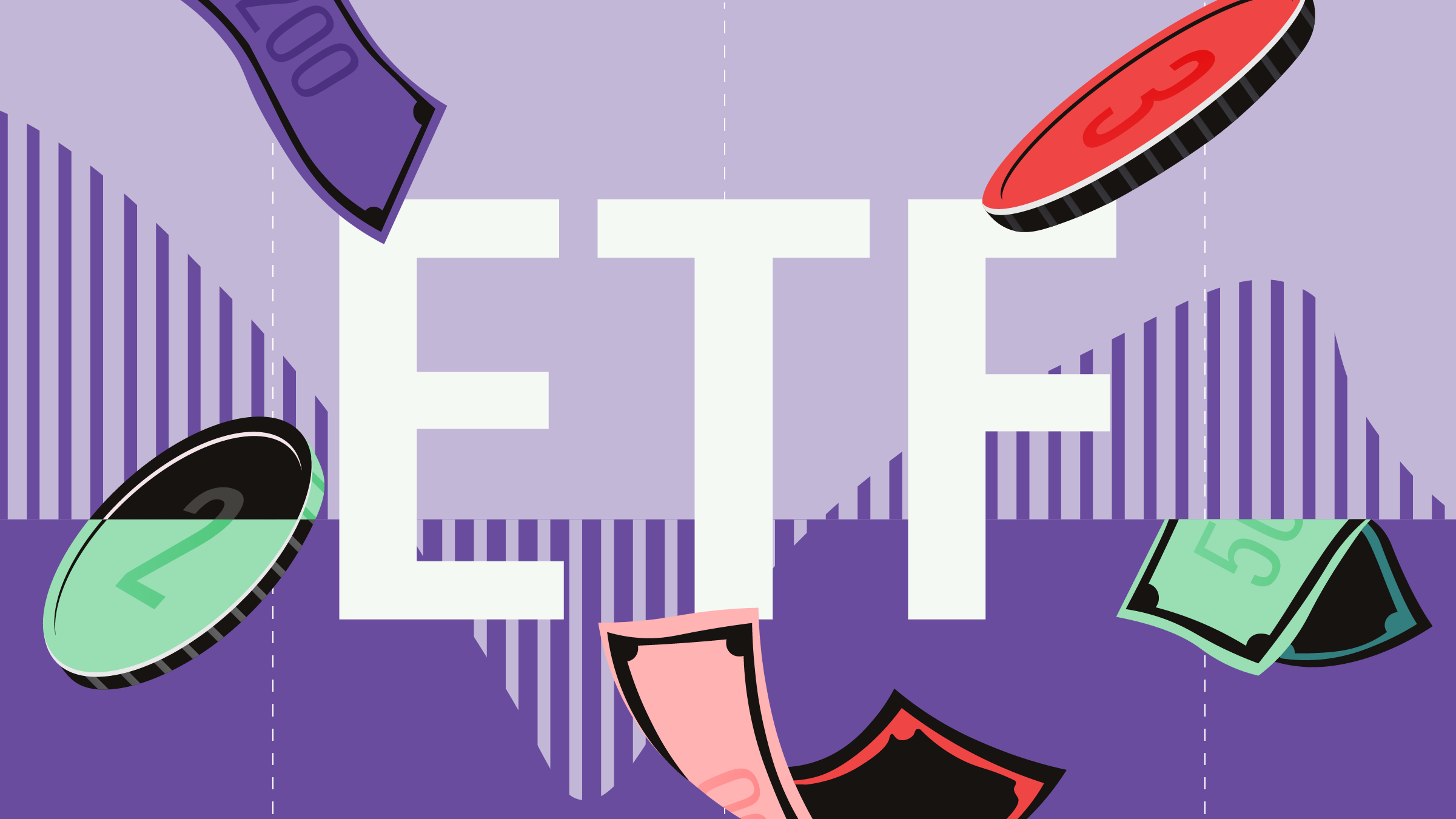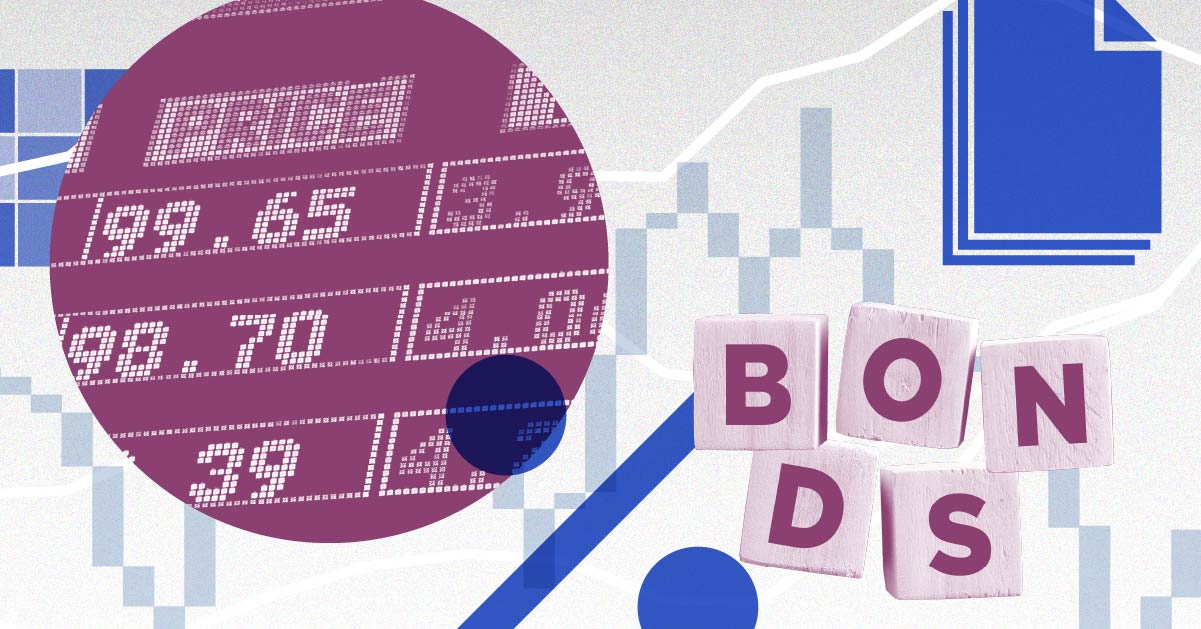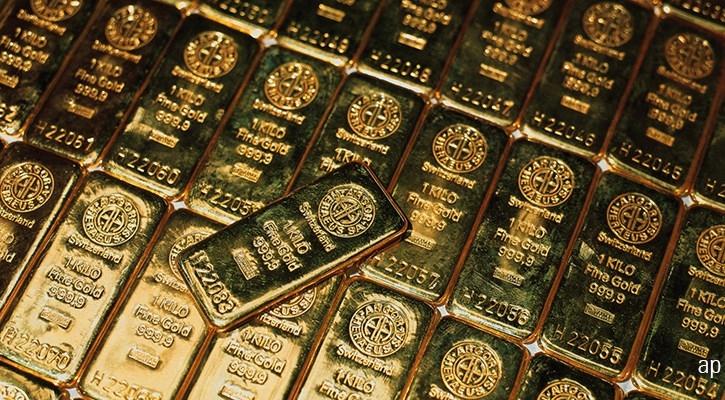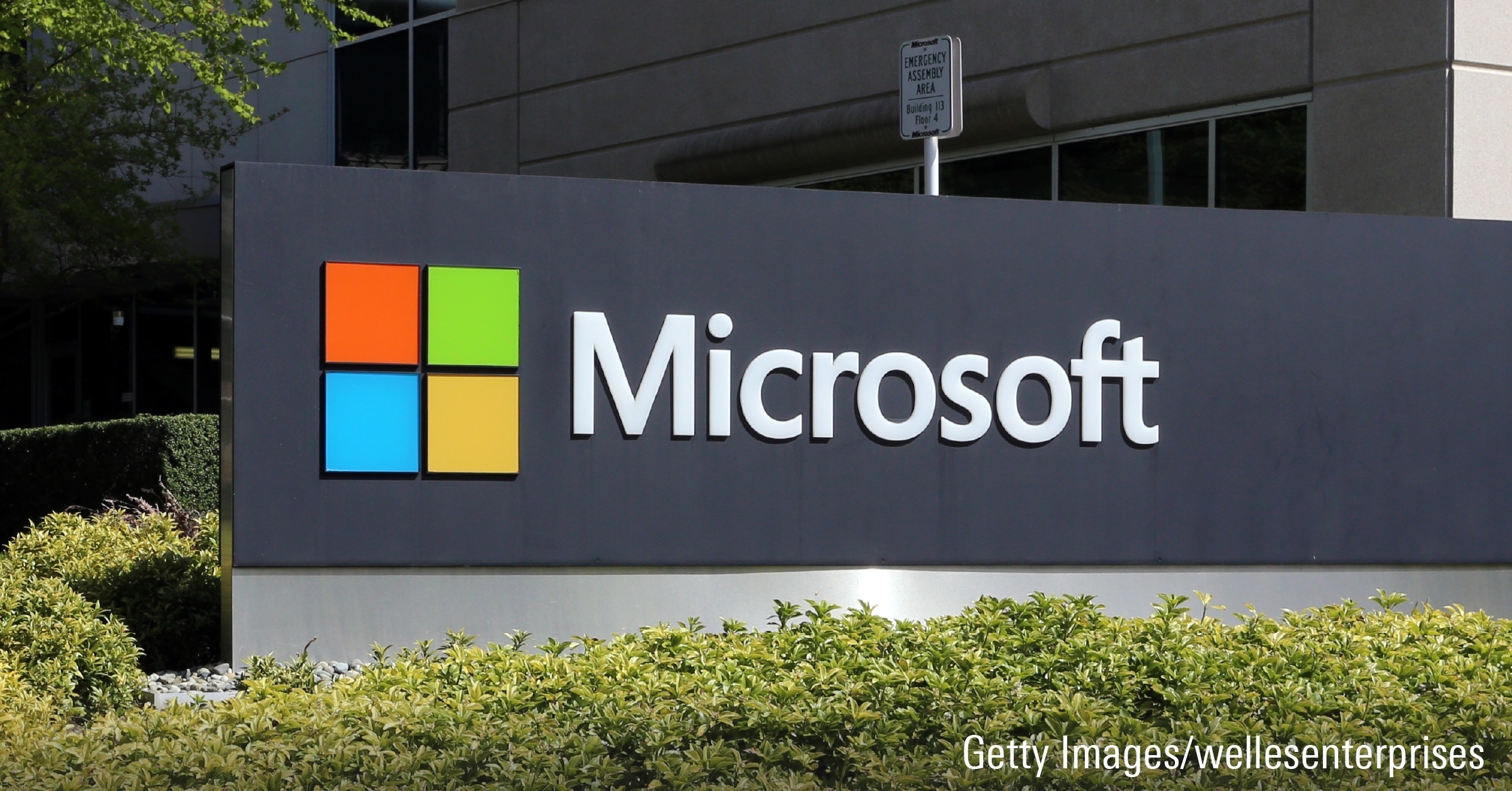Emma Wall: Hello, and welcome to the Morningstar series, "Why Should I Invest With You?" I'm Emma Wall and I'm joined today by Dean Tenerelli, Manager of the T. Rowe Price European Equity Fund.
Hi, Dean.
Dean Tenerelli: Hello.
Wall: Why has the Greek debt crisis reared its ugly head again?
Tenerelli: It's not surprising. I guess it's continued negotiation and continued solution-seeking between the IMF on one hand, the European Union and the Greek government. I think it's something which will come and go over the next years and is not going to disappear. But I think it's important to keep it in perspective: It's less than 1% of European GDP and I don't think it's going to break up the euro or have a great impact on Europe as a whole.
Wall: Despite the fact that it is such a small part of the European GDP, and it's not technically part of European indices
Tenerelli: That's true, the bond spreads widened a bit. I think it just highlights the fact that we need to have convergence between economies, between fiscal policies, and that's hard to do amongst a block of 27 nations. So I think it just highlights that.
And also, I suppose there's ability it may have to influence the electorate in France or Germany or Italy as to potential problems with the euro. It's come at a time when we have a lot of elections in Europe coming up, and it's something that the market has on its mind. But again, I don't think it will be something that will cause
Wall: As you said, 2017 is a year where there are several macro factors at play. As a European equity investor, how important are those elections? Or when you're seeing opportunities, are they just background noise?
Tenerelli: You have to keep anew to what's going on at a macro level, I think. I mean, we are bottom-up investors and we look at stock valuations and stock prices every day more than we concentrate on what's going on above. And certainly, the Brexit last year reminded us all that top-down can be a huge factor in valuations and
Wall: Where are you seeing those market opportunities at the moment?
Tenerelli: Well, actually, it's interesting. The rising interest rate phenomenon which Donald Trump has caused, and the hopes of his lowering tax rates and more stimulative fiscal policies, has caused a big rotation in the market.
What we are edging into is actually fallen things like defensives, like regulated utilities, that have come down on this new rotation, as well as even financials, which have been so undervalued for so long and had been so depressed as a function of the flat yield curves due to quantitative easing. We think there's still value in the financials sector. On the other side, we think consumer staples are still by and large very expensive and we can't make our DCFs work at that level. And also, I think
Wall: Dean, thank you very much.
Tenerelli: Thank you.
Wall: This is Emma Wall for Morningstar. Thank you for watching.





